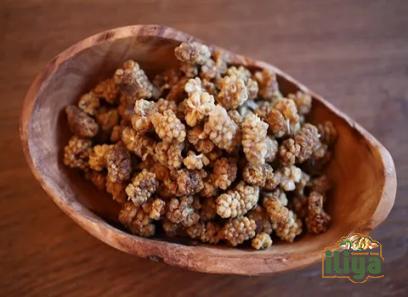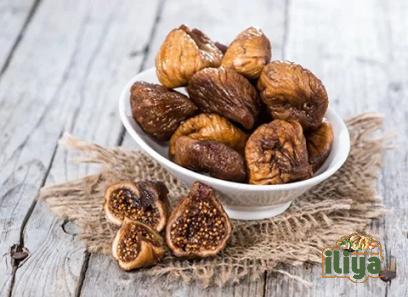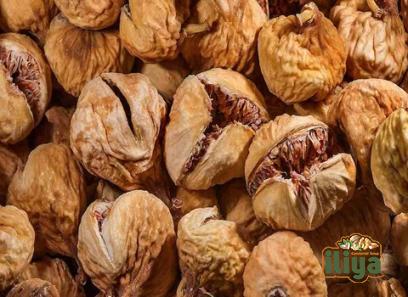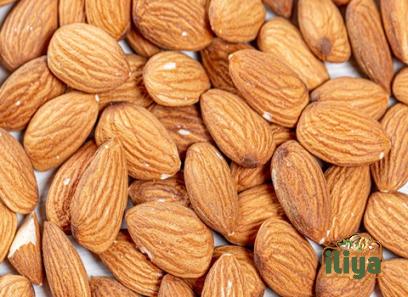Australia, known for its vast agricultural resources, is a significant player in the global nut in shell industry. With its favorable climate and fertile lands, the country is home to various nut-producing regions that boast high-quality produce. This article delves into the nut in shell industry in Australia, exploring its major nuts, market trends, export potential, challenges, and sustainability measures.
Overview of Nuts in Shell in Australia:
The nut in shell industry in Australia encompasses a range of nut varieties, including almonds, macadamias, pecans, walnuts, and chestnuts. Among these, almonds and macadamias stand out as major contributors to the country’s nut production. Almonds are predominantly cultivated in the Murray Valley and Riverina regions, while macadamias are primarily grown in New South Wales and Queensland.
Market Trends and Demand:
Australia’s nut industry has witnessed substantial growth over the years, driven by increasing global demand for nuts due to their nutritional value and health benefits. Exciting domestic and international market opportunities have spurred expansion and investment within the sector. The Australian nut industry largely focuses on exporting, leveraging its high-quality produce to cater to the growing demand in countries such as China, the United States, and Europe.
Macadamias: Australia is the world’s largest producer of macadamia nuts, accounting for approximately 30% of the global supply. With an ever-increasing demand for this premium nut, especially from China and the United States, Australian macadamias are highly sought after. The thriving market, coupled with ongoing research and development efforts, holds promising prospects for sustainable growth.
Almonds: Australia is the second-largest almond producer globally after the United States. The Murray Valley region in particular, with its favorable climate and reliable water supply, offers the ideal conditions for almond cultivation. The rising demand for almonds in Asia, particularly in India and South Korea, presents a significant export opportunity for Australian growers.
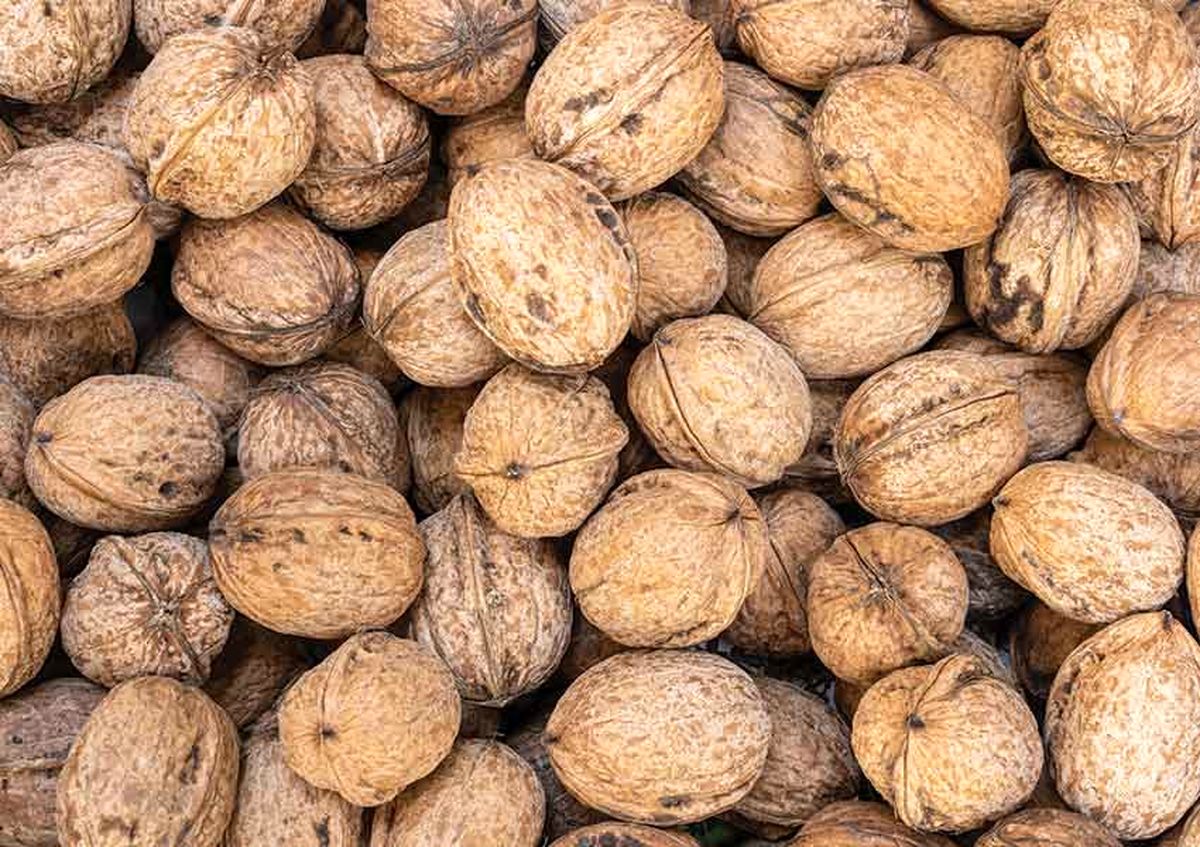
Export Potential:
The nut in shell industry plays a crucial role in Australia’s agricultural exports, contributing to the country’s economic prosperity. Australia’s reputation for producing high-quality nuts is a key driver behind its successful penetration of international markets. The strong export orientation of the Australian nut industry is underpinned by competitive advantages such as advanced farming practices, strict quality control measures, and effective supply chain management. Furthermore, the sector actively participates in trade promotions and engages in market development activities to increase global market share.
Challenges and Opportunities:
While the nut in shell industry in Australia has experienced remarkable growth, it faces several challenges that require attention. Water scarcity, climate change, and labor shortages are notable hurdles that impact the long-term sustainability of the sector. Mitigating these challenges requires the adoption of advanced irrigation techniques, climate-smart farming practices, and technology-driven solutions.
However, amidst the challenges, there are also significant opportunities for the industry. Expanding into emerging markets, diversifying product offerings, and investing in value-added processing are strategies that could open new avenues for growth. Additionally, fostering partnerships and collaborations between industry stakeholders, research institutions, and government bodies can facilitate innovation and bring about collective benefits.
Sustainability Measures:
The nut in shell industry in Australia has made considerable progress in adopting sustainable practices to ensure long-term viability. Australian nut growers recognize the importance of preserving the environment, reducing water usage, and optimizing resource utilization. Key initiatives include investing in water-efficient irrigation systems, implementing integrated pest management strategies, and maximizing energy efficiency during processing.
Furthermore, industry associations, such as the Australian Nut Industry Council and the Australian Macadamia Society, play an essential role in promoting sustainable practices and facilitating knowledge sharing among growers. These organizations support research and development activities, provide technical advice, and advocate for environmentally friendly farming practices.
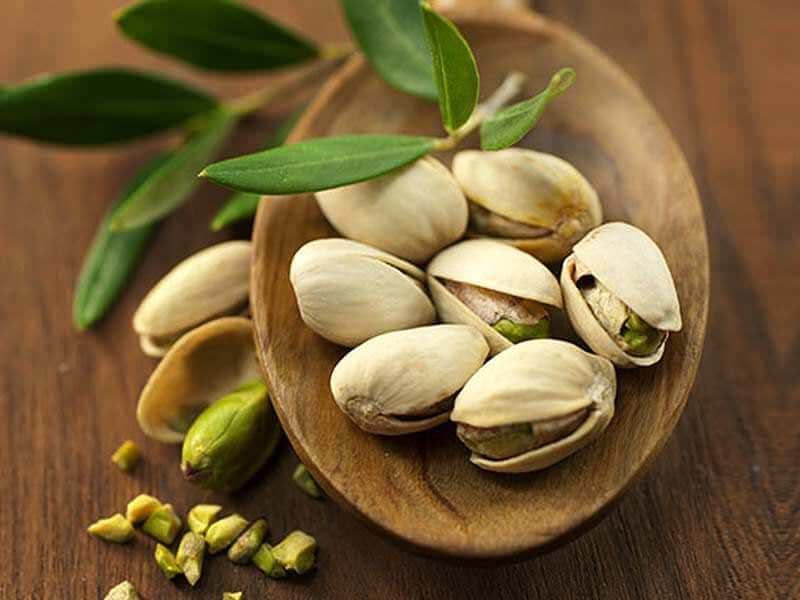
Conclusion:
The nut in shell industry in Australia is a vibrant and growing sector within the country’s agriculture landscape. Australia’s strong focus on producing high-quality nuts, strategic export-oriented approach, and commitment to sustainability distinguish it as a key player in the global market. By addressing challenges, embracing innovation, and investing in sustainability, the industry has the potential to capitalize on future market opportunities while maintaining its position as a leading nut producer and exporter.Title: Nut in Shell Industry in Australia: A Robust and Sustainable Sector
Introduction
The nut in shell industry in Australia is a thriving sector that encompasses a range of nut varieties, including almonds, macadamias, pecans, walnuts, and chestnuts. With favorable climatic conditions and fertile lands, Australia has become a major player in the global nut market. This article explores the major nuts in the Australian nut in shell industry, market trends, export potential, challenges, and sustainability measures.
1. Major Nut Varieties
Australia is known for its production of high-quality almonds and macadamias. Almonds are primarily grown in the Murray Valley and Riverina regions, while macadamias are cultivated in New South Wales and Queensland. Almonds are the second-largest nut variety produced in Australia, and the country is the world’s largest macadamia producer, accounting for around 30% of the global supply.
2. Market Trends and Demand
The nut industry in Australia has experienced significant growth due to increasing global demand for nuts, driven by their nutritional value and health benefits. Australian nuts are highly sought after in both domestic and international markets. China, the United States, and Europe are key export destinations. Macadamias, in particular, have witnessed a surge in demand from China and the United States. This growing market, coupled with ongoing research and development efforts, presents exciting opportunities for sustainable growth.

3. Export Potential
The export orientation of the Australian nut in shell industry is a cornerstone of its success. Australia’s reputation for producing high-quality nuts has helped it gain a strong foothold in international markets. The sector leverages its competitive advantages, including advanced farming practices, strict quality control, and effective supply chain management. These factors have enabled Australian nut producers to capture a significant market share globally.
4. Almonds: A Major Export Commodity
Australia is the second-largest almond producer in the world, with the Murray Valley region being a key production hub. The region’s favorable climate and reliable water supply make it an ideal location for almond cultivation. The rising demand for almonds in Asian markets, particularly in India and South Korea, presents a significant export opportunity for Australian growers. The industry actively engages in trade promotions and market development activities to expand its global reach.
5. Macadamias: A Premium Nut Export
Macadamias are regarded as a premium nut variety, and Australia is the world’s largest producer. Chinese and American consumers, in particular, have developed a strong preference for Australian macadamias due to their superior quality. The industry has capitalized on this demand by establishing strategic partnerships and developing supply chain networks to ensure a constant flow of macadamias to international markets.
6. Challenges: Water Scarcity and Climate Change
The nut in shell industry in Australia faces challenges such as water scarcity, climate change, and labor shortages. Australia’s dry climate poses a threat to water-intensive nut crops. Growing concerns over water availability necessitate the adoption of advanced irrigation techniques, efficient water management, and the development of drought-tolerant varieties. Climate change also poses risks, including unpredictable weather patterns and increased pest and disease pressure.
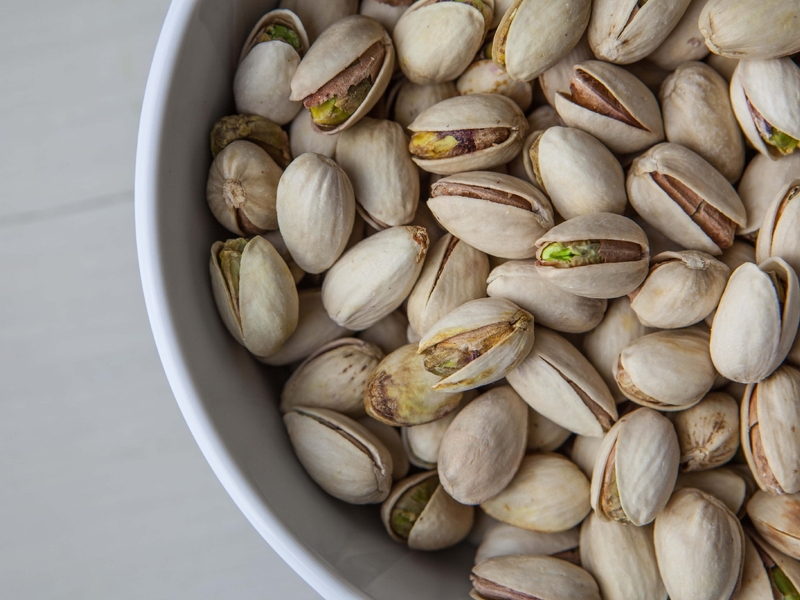
7. Labor Shortages
The industry is also affected by labor shortages, particularly during peak harvest seasons. The manual labor required for nut harvesting and processing presents challenges in finding an adequate workforce. Innovative solutions, such as automation and mechanization, are being explored to address this issue and improve efficiency and productivity.
8. Opportunities: Emerging Markets and Diversification
Despite challenges, the nut in shell industry in Australia has significant opportunities for growth. Expanding into emerging markets, such as Southeast Asia and the Middle East, presents untapped potential. Diversification of nut products, such as value-added processing and nut-based ingredients, may also open new avenues for revenue and market expansion.
9. Collaboration and Research
To drive innovation and resolve industry challenges, collaboration among industry stakeholders, research institutions, and government bodies is paramount. Industry associations, including the Australian Nut Industry Council and the Australian Macadamia Society, play a vital role in facilitating knowledge sharing, supporting research and development activities, and advocating for sustainable farming practices.
10. Sustainability Measures
The nut in shell industry in Australia recognizes the importance of sustainability and has undertaken various initiatives to ensure the long-term viability of the sector. Water-efficient irrigation systems, integrated pest management strategies, and energy-efficient processing methods are being adopted to reduce environmental impact. Additionally, sustainable farming practices, such as soil conservation and biodiversity preservation, are implemented to protect the ecosystem.
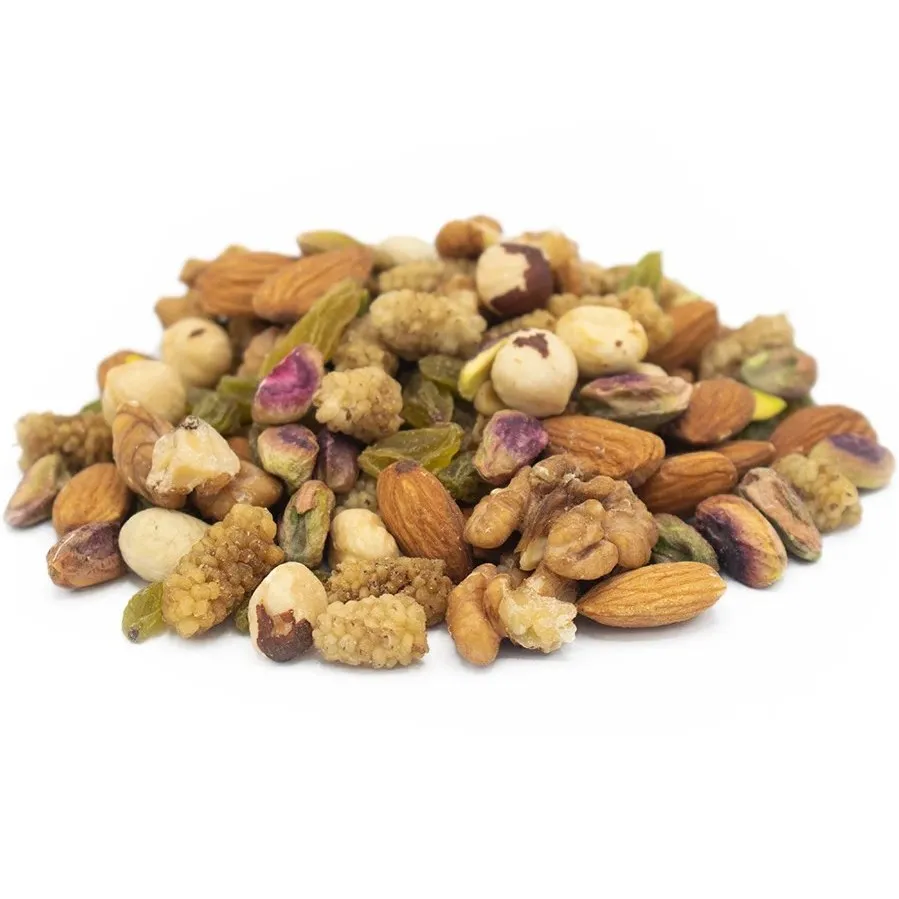
Conclusion
The nut in shell industry in Australia is a robust and sustainable sector that contributes significantly to the country’s agricultural exports. With a focus on producing high-quality nuts and an export-oriented approach, Australia has become a key player in the global nut market. However, challenges such as water scarcity, climate change, and labor shortages must be addressed through innovation and collaboration. By embracing opportunities in emerging markets and diversifying product offerings, the industry can secure a prosperous future while maintaining its position as a leading nut producer and exporter.


